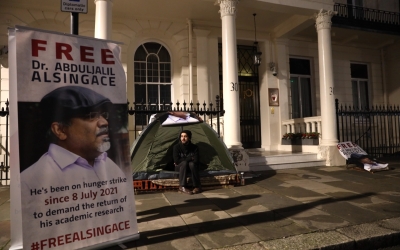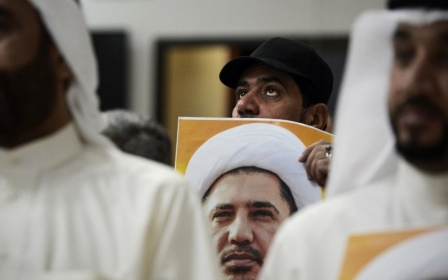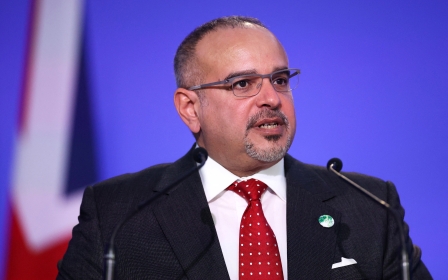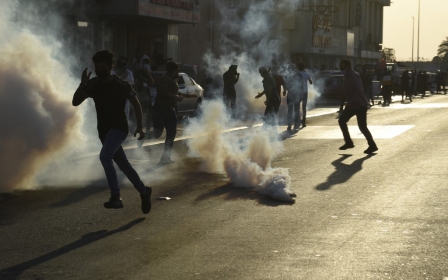Bahrain: UK MPs to debate taxpayer support as political prisoners languish
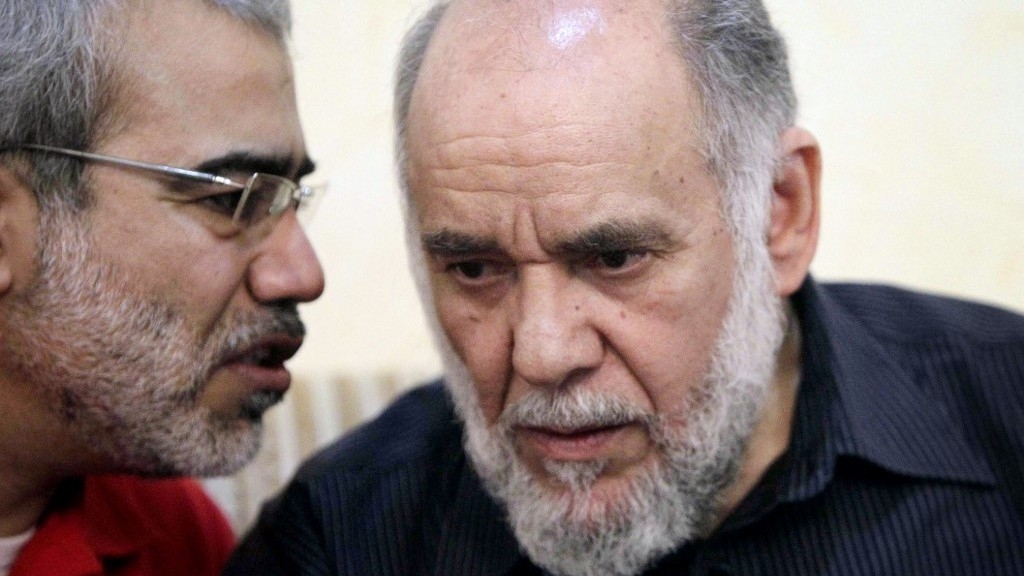
British MPs concerned about UK support and funding for the government of Bahrain have secured a parliamentary debate on Thursday over political prisoners in the Gulf kingdom.
The debate comes after revelations that UK taxpayers are funding programmes that support Bahrain's interior ministry and other bodies with responsibilities overseeing detainees.
The backbench debate, raised by Scottish National Party MP Brendan O'Hara, will provide scrutiny a decade after Britain began funding Bahrain, and as political prisoners, many imprisoned for their roles in the kingdom's pro-democracy movement, remain behind bars despite crossparty calls for their release.
"For far too long, the United Kingdom has chosen to turn a blind eye to widespread human rights abuses in Bahrain, while at the same time sending millions of pounds of UK taxpayers money to the Gulf state to help it 'reform'," O'Hara said on Tuesday.
"There is precious little sign of that 'reform' as more than a decade on from the Arab Spring uprising, Bahrain’s jails are still full of political prisoners, many of who have been tortured, and some of who are awaiting execution."
The debate comes just weeks after Ali Mushaima, the son of former opposition leader Hassan Mushaima, completed a 23-day hunger strike, demanding the release of his father and academic and activist Abduljalil al-Singace, who has been on his own hunger strike since July.
Both men are serving life sentences over their role in leading Bahrain's 2011 pro-democracy uprising. They are among 1,300 political prisoners currently held in Jau prison, where inmates have allegedly been tortured, including 64 who were forcibly disappeared for 19 days last April after participating in a sit-in to protest their poor treatment.
Middle East Eye understands that several of the MPs backing the debate were moved to take action after visiting Mushaima outside the Bahraini embassy in London, where he held his protest.
He told MEE on Tuesday it gave him hope that Singace's fight and the plight of hundreds of other political prisoners would be raised in parliament, and that it was time for the UK government to "stop looking the other way when it comes to human rights abuses committed by its allied nations like Bahrain".
'Those in Bahrain who believe in their principles are paying a high price because they dare to call for democratic change in a repressive state'
- Ali Mushaima, Bahraini activist
“Those in Bahrain who believe in their principles, such as my father Hassan Mushaima, and Dr Singace, are paying a high price because they dare to call for democratic change in a repressive state," he said.
"Although it is touching to see how much people are willing to sacrifice for something that they strongly believe in, it is also heartbreaking to see how Dr Singace has had to starve himself for more than six months simply to be granted his most basic rights."
UK funds for Bahrain
The debate also comes after the government disclosed in August, following a freedom of information request filed by the Bahrain Institute for Rights and Democracy (Bird), that it is funding Bahrain's interior ministry and four oversight bodies that have some responsibility for the treatment of political detainees.
The funding comes through the UK's Gulf Strategy Fund (GSF), a £53.4m fund run so opaquely that, after years of unanswered questions about what was being supported, MPs held a 90-minute debate in October 2020 to push for clarity.
Following that debate, the government in March 2021 released a summary of activities supported by the fund.
The summary gives general information about the types of programmes involved. In Bahrain, for example, the fund supports a "Bahrain-led and owned reform and capacity building programme to deliver long-term security and stability" in the kingdom.
However, the summary does not provide any details about funding allocation, whether human rights risk assessments were conducted and, in most cases, does not name which agencies or ministries are supported.
Those interested have continued to push for answers. In January 2021, an answer to a parliamentary question revealed that the UK had spent £2.4m since 2016 trying to assist the Saudi military complying with international humanitarian law - at a time when the kingdom was accused of committing war crimes in Yemen.
'Political prisoners in Bahrain have endured over a decade of severe injustices, from unspeakable torture and inhumane prison conditions to systematic denial of medical treatment'
- Sayed Ahmed Alwadaei, Bird
In response to Bird's freedom of information request, the UK government said in August that in addition to Bahrain's interior ministry, the fund supports the ministry's ombudsman, the special investigations unit, the prisoner and detaineers rights commission and the national intelligence agency ombudsman.
The response also noted that five overseas security and justice assistance assessments - reviews that the Foreign Office conducts to ensure projects meet the UK's human rights obligations and values - were carried out on projects funded by the GSF in the 2020-21 financial year.
Sayed Ahmed Alwadaei, director of Bird, said there needs to be much more clarity about the UK's role in funding and supporting "violent institutions in Bahrain who are notorious for criminalising those who dream of democracy in their country".
“Political prisoners in Bahrain have endured over a decade of severe injustices, from unspeakable torture and inhumane prison conditions to systematic denial of medical treatment," Alwadaei told MEE.
"This issue can no longer be ignored, and it is high time for it to be scrutinised within the British parliament, given the UK government’s role in backing the ruling Al Khalifa family."
Middle East Eye delivers independent and unrivalled coverage and analysis of the Middle East, North Africa and beyond. To learn more about republishing this content and the associated fees, please fill out this form. More about MEE can be found here.


